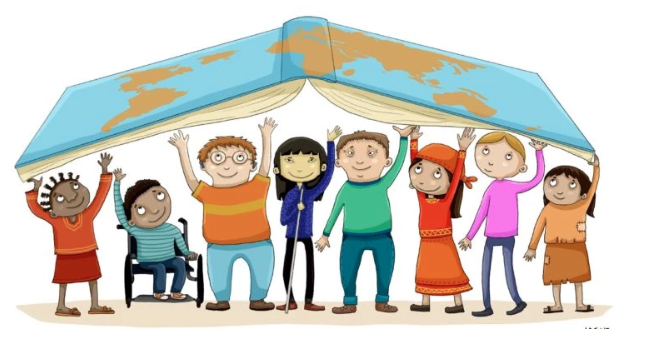Inclusive Education
By using a range of strategies, educators can help the academic and social-emotional needs of children with disabilities, neurologically diverse learners, and trauma survivors in mainstream classrooms. Using Universal Design for Learning (UDL) principles is one way to address different learning styles and demands. UDL principles offer many ways to represent, engage, and express information…
